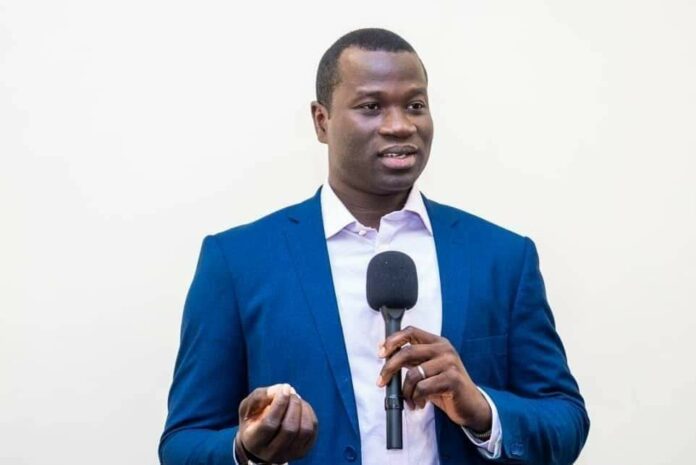By Alieu Jallow
In a nation where youth represent a significant demographic, the Minister of Youth and Sport, Bakary Y. Badjie, outlined how the National Youth Service Scheme (NYSS) aims to empower young Gambians through skills development, civic education, and career readiness. This multifaceted approach, according to the minister, seeks to create a generation equipped not only to compete in the job market but also to actively participate in the democratic processes shaping their communities.
“The vision is to ensure that Gambia’s young people are empowered with skills, reoriented to understand their civic duties, and assisted in building careers and becoming employable,” he outlined.
Recognizing that youth unemployment is one of the most pressing challenges facing the Gambia, the minister emphasized the need for skill-oriented training programs, citing employment as a central focus. He added that these initiatives are designed to connect youth with job opportunities, with a strategy to increase the numbers year by year until the government can cover the costs for every university graduate, following the launch of a pilot project for 100 students by the President in August of last year.
“Remember, every enrolled member undergoes a one-month in-camp orientation and receives a 12-month stipend while serving. This translates to multi-million dalasis. So, a strategic yearly increment, yet sustained, is better than going for a large scale and not being able to sustain it. Currently, we have more than 300 young people in the NYSS programs at any given time,” he outlined. Moreover, the Ministry is working to implement policies that support youth entrepreneurship. By providing access to microloans and training in financial literacy, young Gambians will be empowered to start their businesses, contributing to the economy while creating jobs for others.
Critics argue that while these initiatives are commendable, they called on the minister to make the initiative part of mandatory service for every graduate. In light of this, Badjie highlighted that the amended NYSS Act includes mandatory service as a precondition for employment in the public service.
“Enforcing the mandatory service will mean everyone who finishes university will have to do a year or two of national service. This will involve hundreds of graduates from across all universities, which would result in a huge budget—one that would be challenging to sustain. However, the government is committed to gradually increasing the numbers, alongside the regular batch like the group we currently have in camp, and the apprenticeship program that graduated in March this year after their two years of training,” Badjie stated.
While the Youth Minister indicated the government’s commitment to empowering Gambian youth through skill development, civic education, and career readiness—pivotal elements in the national policy—sustainability remains a key concern given the associated costs. When asked about the budget needed for scaling up and ensuring sustainability, Minister Badjie responded:
“I don’t have a fixed cost at the top of my head, but I know the government covers everything while they are in camp, including feeding, medical care, sports, and uniforms. We also pay for tuition fees at their various institutions for the entire two years of study. That’s for 200 high school graduates. For the UTG graduates, we have 100 young people, and we pay a monthly stipend of D5000 for 12 months of workplace experience,” he revealed.




